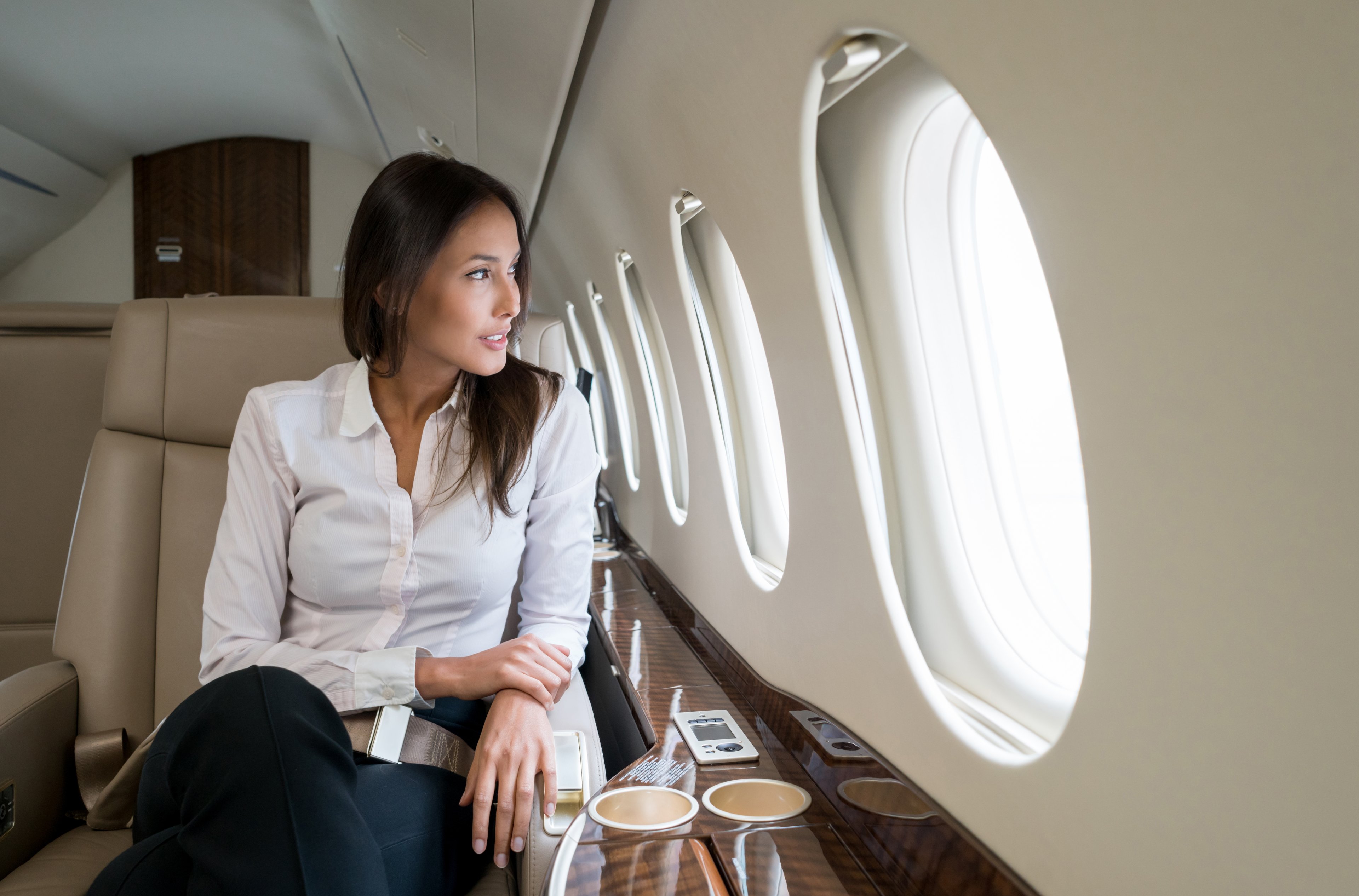What happened
Airline stocks, after boasting substantial gains last week, have done a U-turn in recent days, with a prominent Wall Street analyst warning on Wednesday that last week's rally on potential good news about travel demand appears overdone.
Shares of Spirit Airlines (SAVE +0.00%) traded down more than 13% as of 12:30 p.m. Wednesday, with shares of JetBlue Airways (JBLU +4.94%) and Alaska Air Group (ALK 0.53%) each down 10%. The news wasn't much better for holders of other airlines, with shares of Delta Air Lines (DAL 1.14%), American Airlines Group (AAL +1.64%), United Airlines Holdings (UAL 2.24%), Hawaiian Holdings (HA +0.00%), and Allegiant Travel (ALGT +5.69%) all down at least 7%.
Southwest Airlines (LUV +0.76%) was the relative winner of the group, down only 3% as of 12:30 p.m..
So what
Airline stocks lost at least half of their value in the early days of the pandemic, as travel demand all but evaporated and investors were worried bankruptcies were inevitable. A round of aggressive fundraising, including $50 billion in government assistance through the CARES Act, helped stabilize the stocks, but the markets are now playing a waiting game, looking to see if revenue will return before the cash runs out.

Image source: Getty Images.
The stocks rallied last week on encouraging signs we are seeing the early stages of a rebound. Transportation Security Administration airport workers are screening more passengers today than they have since mid-March, and airlines are beginning to add to their late-summer schedules based on improving demand. The result was a momentary euphoria for airline investors, with American shares gaining 40% in a single session.
In a note out Wednesday, JP Morgan analyst Jamie Baker said he does not believe "the current pace of equity ascent can be potentially maintained for much longer," citing a lack of upcoming catalysts and fear that what we are seeing now is pent-up summer vacation demand that is unlikely to sustain into the fall.
Baker worries that if airlines bring schedules back down in the fall when vacation season ends, that is likely to have negative implications for the stocks. He also notes that while airlines are currently getting subsidies from the government to help meet payroll, those provisions expire in September, and airlines could be forced to cut employees.
Baker lowered JetBlue to underweight from neutral and lowered United to neutral from overweight. He also brought down his price targets on Alaska, Southwest, Spirit, and Delta.
On Wednesday, Delta also reminded investors with that while conditions appear to be improving, they are still far from normal. The airline expects second-quarter revenue to be down 90% year over year, and is still working toward becoming cash-flow breakeven by year's end.
Now what
For airlines, conditions are neither as bad as they were two months ago nor as good as they were in January. Even if we assume no second wave of the pandemic, the airlines expect they will need years to fully recover from the crisis. If there is a second wave, all bets are off about the airlines' ability to survive on the cash they have.
For investors with a high tolerance for risk and a lot of patience, I do think it is safe to take small positions in airlines. But given the risk, it is best to stick to high-quality names like Southwest and Delta, and be aware that these stocks are likely to remain volatile in the months to come.










